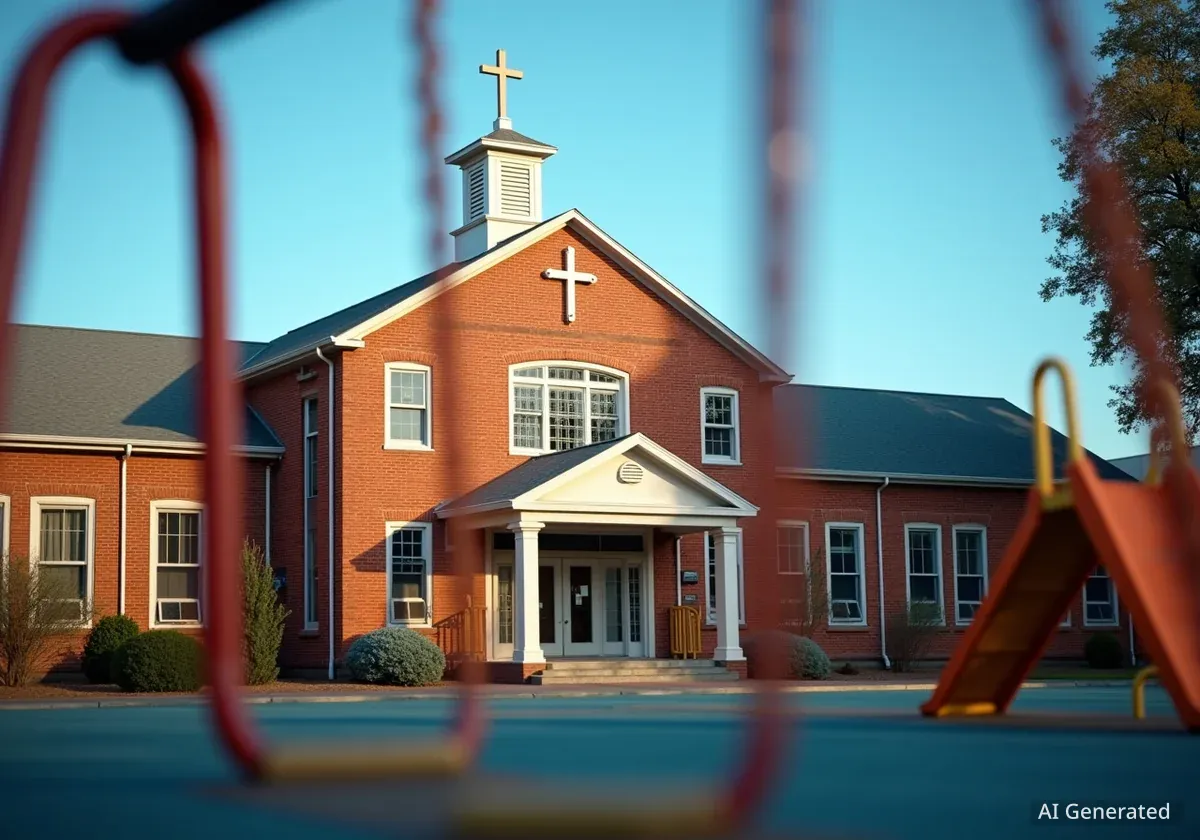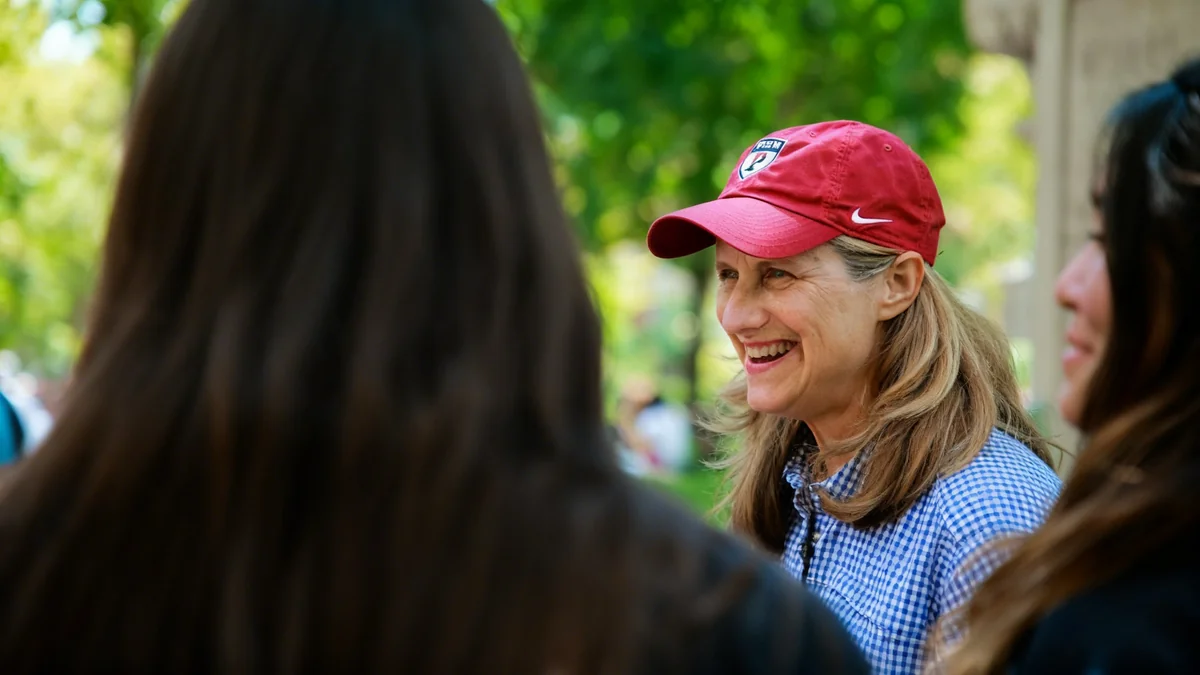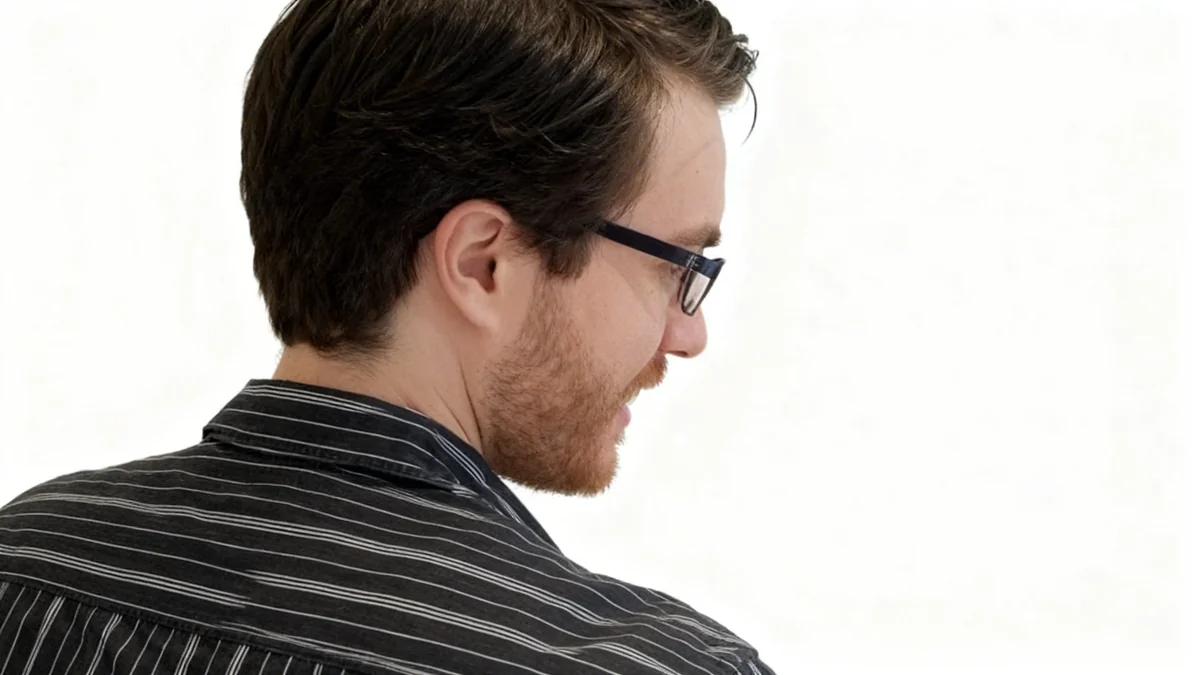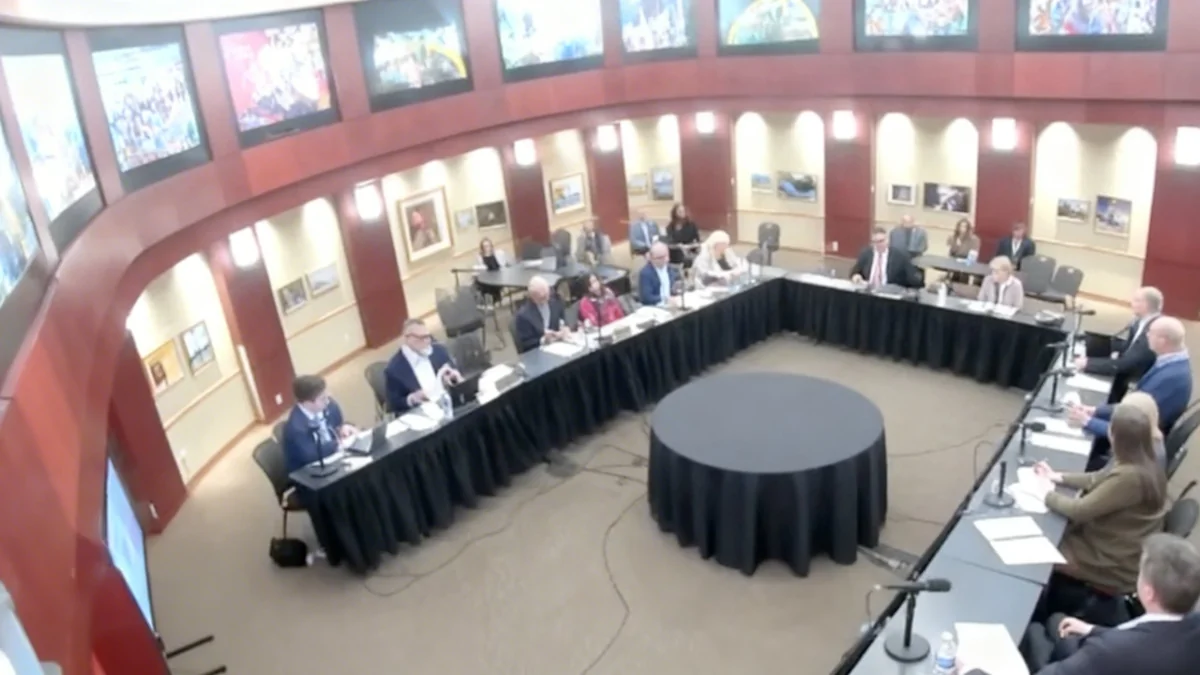Two Christian schools in Louisiana have filed a federal lawsuit against the state, challenging a new law that imposes daycare licensing requirements on private pre-kindergarten programs. The schools argue the legislation, known as Act 409, unfairly targets religious institutions while exempting public and Montessori schools from the same rules.
The lawsuit, filed in the U.S. District Court for the Western District of Louisiana, contends that the law violates the schools' constitutional rights to religious liberty and equal protection. The legal action puts a spotlight on the debate between child safety regulations and the operational autonomy of private educational institutions.
Key Takeaways
- Two private Christian schools are suing to block Louisiana's Act 409, which requires private pre-K programs to obtain daycare licenses.
- The lawsuit alleges the law is discriminatory because it exempts public and Montessori schools from the licensing mandate.
- Proponents say the law, also called "Charlie's Law," enhances child safety, while critics cite significant financial and administrative burdens.
- State officials have offered mixed responses, with the bill's author defending its intent and the Superintendent of Education acknowledging concerns of government overreach.
New Law Sparks Legal Challenge
Providence Classical Academy in Bossier City and The Dunham School in Baton Rouge are the plaintiffs in the case. They are joined by Claire and Joshua Cox, a couple whose child is enrolled in Providence's pre-K program. The lawsuit claims that the state's new regulatory framework creates an unconstitutional double standard.
The core of their argument is that Act 409 places heavy, unfunded mandates on private schools, a significant portion of which are faith-based. According to the complaint, approximately 80% of Louisiana's private schools offering pre-K programs are religious. The plaintiffs assert that by forcing them to comply with daycare regulations not applied to their public counterparts, the state is infringing upon their rights.
"Act 409, if implemented, could force schools like Providence Classical Academy to raise tuition or shut down," stated Sarah Harbison, General Counsel for the Pelican Institute for Public Policy, which is representing the plaintiffs. "This would severely limit options for families in North Louisiana like the Coxes."
The schools are being represented by the Pelican Institute and the Center for American Rights, a national nonprofit. They are asking the court to strike down the licensing requirement and prevent the state from enforcing it.
Inside Act 409: What the Law Requires
Act 409, also known as "Charlie's Law," was passed unanimously by the state Legislature and signed into law by Governor Jeff Landry earlier this year. The legislation was motivated by testimony from a couple who alleged their child was assaulted at a private preschool that was not required to have a state license at the time.
While the law introduces some new safety standards for all preschools, such as minimum staffing levels, its most contentious element is the mandate that private school pre-K programs obtain an "early learning center" license. This subjects them to a wide range of regulations typically associated with daycare centers.
Why Are Public Schools Exempt?
State Senator Regina Barrow, who authored the bill, explained that public and Montessori schools were exempted from the licensing rule because they are already held to higher standards in certain areas, including staff-to-student ratios. She maintains the law's primary goal is to protect children, not to penalize private institutions.
Private schools with pre-K programs must apply for the license by January 1. Failure to comply could result in fines of up to $1,000 per day.
The Cost of Compliance
The lawsuit details dozens of new rules that the state's nearly 250 private schools with pre-K programs will now face. These regulations extend far beyond simple paperwork and have tangible operational impacts.
Some of the new requirements include:
- Undergoing inspections from the state Fire Marshal and the Health Department.
- Assigning specific employees to monitor all visitors on school grounds.
- Keeping pre-K students physically separate from older children during activities like recess.
- Requiring staff to accompany three-year-old children to the restroom.
The lawsuit states that many schools, including the two plaintiffs, will need to hire additional teachers and administrative staff just to meet the new regulatory demands, leading to increased operational costs that may be passed on to parents through higher tuition.
Leaders in the Catholic school system have also voiced opposition. RaeNell Houston, superintendent for the Archdiocese of New Orleans, questioned the law's fairness during a meeting in July. "If this were about the safety of all children, this would apply to public schools and Montessori pre-K programs as well," she said.
State Officials Respond to Controversy
The reaction from state officials has been divided. State Superintendent of Education Cade Brumley, who is named as a defendant in the lawsuit, expressed sympathy for the schools' position.
"While many in Louisiana understand the purpose behind Charlie’s Law, there are concerns around the final legislation representing government overreach into private institutions," Brumley said in a statement. He added that nonpublic schools "have every right to challenge some of the unintended consequences of this new law."
Senator Barrow, the bill's author, called the superintendent's statement "very disappointing." She noted that her staff had worked with the Department of Education while drafting the legislation to address potential issues.
Barrow emphasized her primary motivation is child safety. "What I'm trying to do is ensure that we are safeguarding children. Period," she stated. She also mentioned she is working on a new bill to address some of the private schools' concerns but suggested that some critics have not been receptive to her outreach, making her wonder if they are "just trying to be obstructionist."
As the January 1 deadline approaches, the legal battle will determine whether private schools must adapt to a new regulatory landscape or if the state will be forced to reconsider its approach to overseeing early childhood education.





